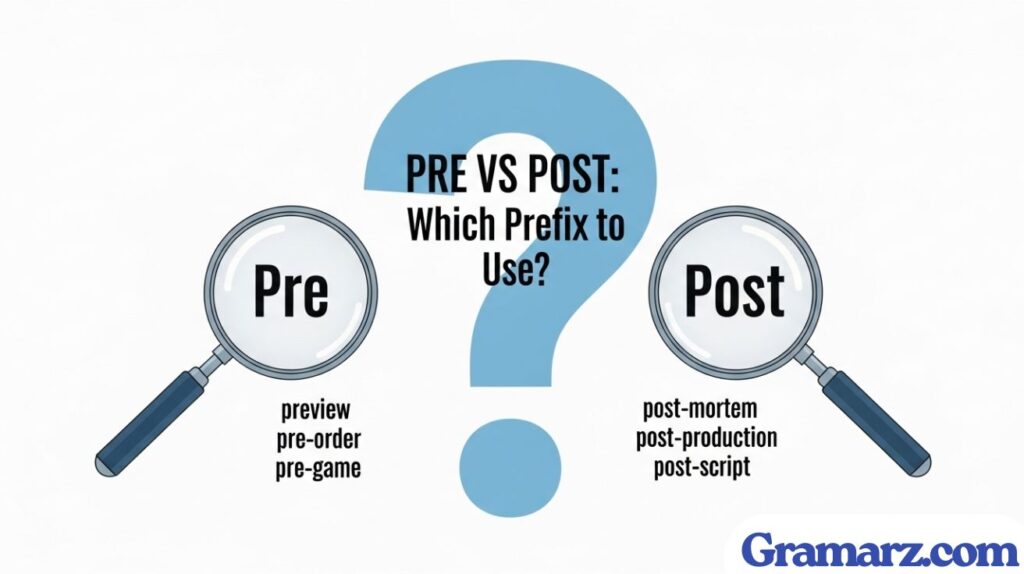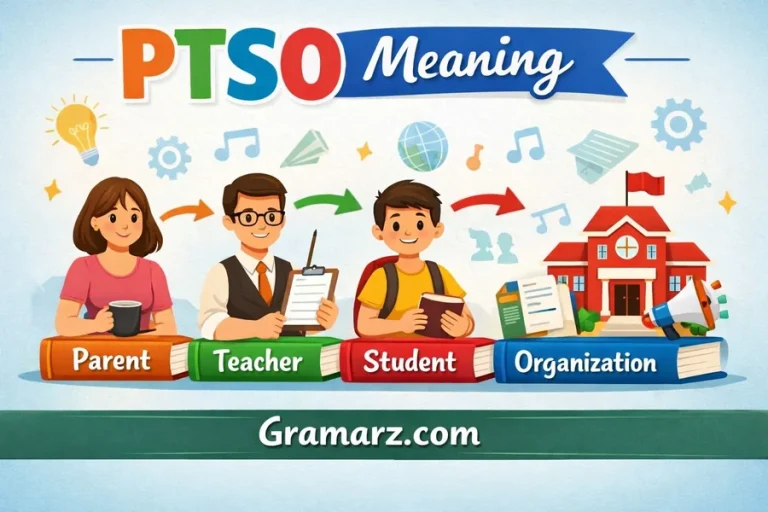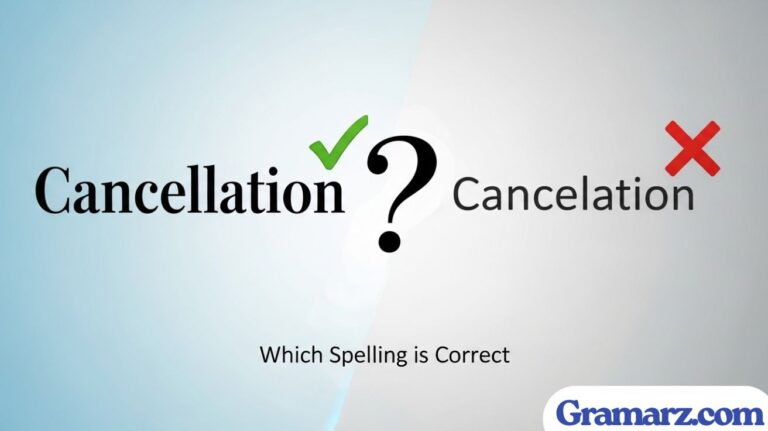Pre vs Post shows the difference between before and after. Pre means something happens earlier. Post means something happens later.
We use them every day in school, work, and life. They make words clear and simple. Knowing pre vs post makes writing easier.
In English, these prefixes change word meaning. Pre vs post appears in grammar, history, and daily talk. They show time and order.
Pre and Post: Tiny Words, Big Impact!

Prefixes in English may look small, but they are powerful. A prefix is a word part added at the beginning of another word to change its meaning. The English language is full of such root words and prefixes.
The pre prefix definition is “before.” Adding it to a word shows something happens earlier than the main event. For example, to pre-order a book means you buy it before it is officially released.
The post prefix definition is “after.” Adding it shows that something happens later or following another event. For instance, post-surgery care means the medical attention you receive after your surgery is completed.
This simple idea creates hundreds of words in English. Whether it is pre-test and post-test examples in education, pre-course requirements in college, or post-event analysis in business, the difference between pre vs post can shift meaning completely.
Understanding Pre and Post:
Pre Meaning (Before)
When we talk about pre meaning, we mean “before” or “prior to.” It signals preparation or anticipation. For example, to pre-heat an oven means you heat it before cooking. A pre-interview checklist means the tasks you must complete before your job interview. In medicine, pre-surgery examinations are important to check if the patient is ready for the operation.
In the U.S., this prefix is common in academics and healthcare. Students often face pre-course requirements before enrolling in advanced classes, while patients must complete tests before surgery as part of pre-surgery vs post-surgery care routines.
Post Meaning (After)
On the other hand, post meaning is “after” or “following.” It shows that the action comes later in time. For example, a post-game interview happens after the game ends. Post-workout nutrition is the food you eat after exercising. Businesses often conduct post-event analysis to understand how successful their programs were.
In education, teachers sometimes give both pre-test and post-test examples to measure how much students learned. In healthcare, doctors provide important instructions for post-surgery care to make sure recovery goes smoothly.
While Handy, Not Quite Antonyms:
Some people assume pre vs post are exact opposites. While they do represent opposite points in time, linguists argue they are not strict opposite prefixes. They work more like complements in a timeline.
Take the example of an interview. A pre-interview checklist focuses on what you do before the event, such as preparing your résumé. A post-interview reflection focuses on what happens after, such as sending a thank-you note. Both revolve around the same event, but one looks forward and one looks backward.
Let’s Get Practical!
In everyday life, the use of pre and post in English appears everywhere. You might pre-order vs post-order products depending on availability. Universities require pre-course requirements for advanced degrees, while graduates later enjoy post-graduate programs.
In medicine, doctors emphasize the difference between pre-surgery vs post-surgery care. In sports, fans look forward to both pre-game excitement and post-game analysis.
A simple way to remember is with a mnemonic. Think of pre as “prepare before” and post as “postscript after.” The word prepare already has “pre” in it, reminding you it happens first. The word postscript (PS in letters) comes at the end, reminding you it comes after.
Pre vs Post: The Differences Made Clear

Timeline:
The easiest way to see the pre and post difference is on a timeline. Imagine an event in the middle. Anything labeled with pre comes before it. Anything labeled with post comes after it.
| Prefix | Timing | Example |
| Pre | Before the event | Pre-heat, Pre-order, Pre-interview |
| Post | After the event | Post-game, Post-surgery, Post-mortem |
This shows how pre vs post grammar works in word formation in English.
Function:
The function of pre is to set the stage. It deals with anticipation, planning, or preparation. The function of post is to reflect on what already happened, looking at results or consequences. This is why a pre-test measures readiness, while a post-test measures results.
Remember:
Always remember:
- Pre = Earlier, setting the stage.
- Post = Later, reflecting on the aftermath.
Origins of ‘Pre’ and ‘Post’
Pre:
The Latin origins of pre and post help explain their use. The prefix pre comes from the Latin word prae, meaning “before” or “in front of.” It traveled through Old French into English around the 14th century.
Post:
The prefix post comes directly from the Latin post, which means “after.” The phrase post meridiem (p.m.) means “after midday” and is still used today in telling time.
Interestingly, both pre vs post come from the same Proto-Indo-European root per-, meaning “forward” or “beyond.” They are like distant cousins in the family of word formation in English.
Read Also : Since vs Sense: Understanding When to Use Each Word
Examples in Context
Pre:
Writers often say, “Pre-heat the oven before baking.” Students know about pre-med programs where they take courses before medical school. Tech fans often pre-order the newest phone to make sure they get it on release day. Businesses hold pre-event meetings to plan for conferences.
Post:
Athletes need post-workout meals to recover energy. Doctors insist on post-surgery checkups to prevent complications. Companies perform post-mortem analysis after projects to see what worked and what failed. Friends joke about post-party cleanups, which always come after the fun ends.
These pre vs post examples show how easy it is to understand timing once you see it in action.
Why Understanding Pre vs Post Matters in Everyday English
The difference between pre vs post is not just academic; it shapes how we communicate in daily life. If someone says pre-order vs post-order, they are not saying the same thing. One means buying a product in advance, while the other means completing the order later. Clarity depends on knowing these prefixes.
For students, professionals, and writers, the pre and post difference ensures accuracy in speech and writing. Imagine a doctor giving instructions: pre-surgery vs post-surgery care are two very different stages. Misunderstanding them could create confusion. This is why the use of pre and post in English is essential, whether in education, business, or healthcare communication.
The Role of Pre vs Post in Grammar and Word Formation

In terms of pre vs post grammar, these prefixes attach to root words to form new ones. The pre prefix definition always signals “before,” while the post prefix definition always signals “after.” Both follow clear rules in word formation in English and can be applied to countless terms, from academics to sports.
Think of pre-test and post-test examples. A pre-test shows what students know before the lesson, while a post-test measures what they learned after. This illustrates the pre and post difference perfectly. When you see these prefix examples in English, you understand how these tiny word parts act like time stamps in language.
How Pre vs Post Shapes Culture and Communication
Cultural habits often reflect the use of pre and post in English. In American business culture, teams plan pre-event meetings to set goals, followed by post-event analysis to measure results. This before vs after structure is built into how people work, communicate, and evaluate success. It highlights the importance of preparation and reflection.
Entertainment and sports show similar usage. Fans enjoy pre-game shows full of predictions and excitement, then turn to post-game analysis to review performance. The pre vs post examples in media remind us that every event has a timeline. By using these prefixes correctly, communication becomes more precise and connected to real-life stages.
FAQ,s
What is the difference between pre and post?
Pre means before an event, while post means after it.
Is post before or after?
Post always refers to after something has happened.
What is post and pre?
Pre signals before, and post signals after.
What is the meaning of pre, during, and post?
Pre = before, During = in the middle of, Post = after.
A Final Look
Mastering pre vs post will make your writing and communication more precise. The pre prefix definition signals events that happen before, while the post prefix definition signals events that happen after. In education, business, sports, and healthcare, the use of pre and post in English is constant and clear.
Think of it as the prologue vs epilogue analogy. The prologue sets the stage before a story, while the epilogue looks back after it ends. By keeping this analogy in mind, you will always know when to use pre and when to use post.







